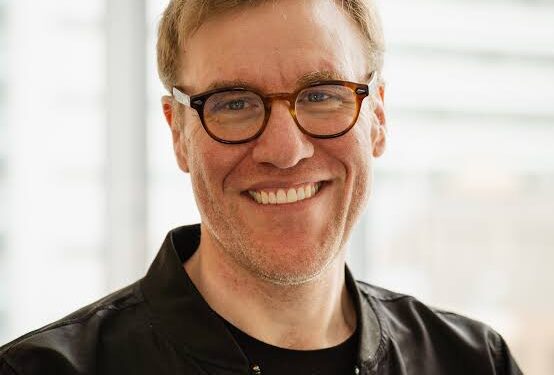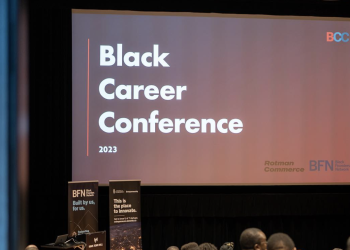Toronto’s academic engine is turning research muscle into commercial momentum. On 10 July, University of Toronto computer-science professor Daniel Wigdor introduced AXL, a venture studio housed at the Schwartz-Reisman Innovation Campus next to the Vector Institute. Backed by an oversubscribed fifteen million dollar fund, AXL aims to create fifty artificial-intelligence companies by 2030 while keeping intellectual property and jobs in Canada.
How AXL Venture Studio Works
Unlike most accelerators, AXL begins with raw ideas instead of formed teams. Researchers pitch early concepts in generative design, medical imaging or language models. The studio then supplies co-founders, advisers, seed capital and a go to market plan. Each venture launches inside an industry-partner sandbox so pilots start with an actual customer.
Wigdor told reporters that three quarters of Canadian AI patents land in global tech portfolios, draining local upside. “What we’re looking to do is create the right opportunities and talent networks here in Canada, so that we can pick up those results and begin to commercialise it here,” he said. By embedding a venture fund inside a university corridor, AXL offers scientists a path past the valley of death gap that often pushes founders south in search of larger cheques.
Why the Toronto Model Matters
Canada ranks second worldwide for machine-learning citations yet only eighth for venture-backed AI exits. Wigdor argues that AXL can shift that trajectory. The studio’s core team includes alumni from Meta, Amazon and Vector, giving it deep product and research expertise. Early investors range from Smart Technologies founder David Martin to mining entrepreneur Rob McEwen, signalling cross-sector appetite for applied AI.
The first cohort of AXL companies is due in late 2025, targeting health care, robotics, security and specialised foundation models. Milestones include securing pilot customers, raising follow-on capital and, crucially, retaining Canadian leadership. Each startup receives up to three hundred thousand dollars in pre-seed funding, with additional support reserved for the most promising ventures.
If AXL reaches its goal, Toronto could evolve from exporter of talent to exporter of fully formed AI firms, boosting national productivity and technological sovereignty. Even if only half the target is met, the studio sets a fresh benchmark for Canadian ambition, translating world-class science into home-grown enterprises at unprecedented speed.













